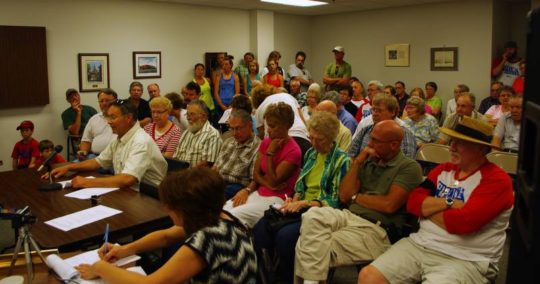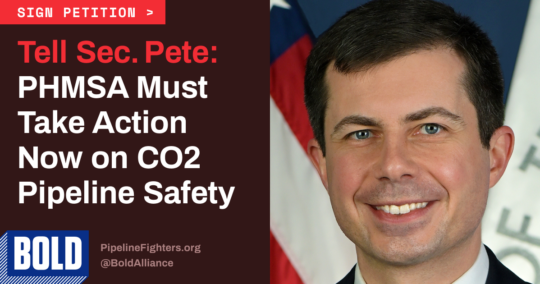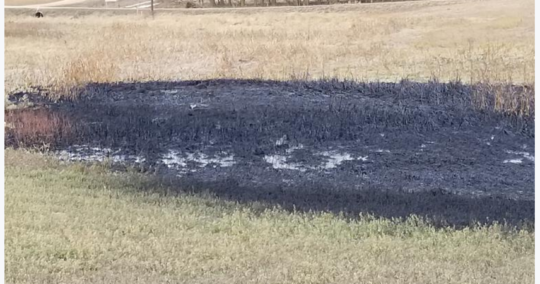It was 1965, my mother, then a senior in high school, recalls the cold, dreary day in early January that her family drove away from their house in Odell, headed to Washington D.C. My grandfather said, “It could be a long ride home in two years.”
My grandfather, Clair Callan, had been elected to the House of Representatives. He had fought hard for this seat. He had run for it twice before, unsuccessfully. The Social Security Act of 1965 was on the floor for a vote. The bill, if it became law, would put into place the most progressive social safety net to date. It would ensure medical care for the aged — Medicare — and the poor — Medicaid.
It was highly unpopular with conservatives and my grandfather came from a conservative state, Nebraska. But he represented the 1st Congressional District which, at that time, certainly contained pockets of progressivism.
The University of Nebraska in Lincoln, which in 1965 was the only University of Nebraska, was the home of faculty and staff who leaned toward a progressive agenda. The Marvin family of Beatrice, George and Bob and George’s wife Pat, publishers of the Beatrice Daily Sun, were Democrats and progressives.
And there were many others in the 1st District who shared his belief that government could and should be the agent for making the lives of all our country’s people more just.
Jim Exon was a member of the Nebraska Democratic State Central Committee at the time and he called my grandfather before the vote. Exon advised him that he would not be re-elected if he voted for this bill. It was just too unpopular in his district.
The day of the vote, my mother sat in the gallery to watch. His name was called but he passed. After all, the Democrats had a two-thirds majority in the House. They didn’t need his vote to pass the bill. They called his name again, and he passed a second time. Finally, it was nearing the end. It was clear they had enough votes to pass the bill. His name was called for the third time. He voted AYE. The bill passed 307-116.
What happened in the next election? He lost. Jim Exon was right, but there were other factors at play that contributed to the result of that election. We, as a nation, became distracted from the domestic agenda by the war in Vietnam. My grandfather’s political fortunes were tied to those of Lyndon Johnson, a man he greatly admired but who, my grandfather later realized, had mislead the Congress. My grandfather admitted his responsibility in being misled and regretted to the end of his life the votes he cast that escalated the war.
The 1st Congressional District has never sent another Democrat to the House of Representatives but there are many, many beneficiaries of the Social Security Act of 1965 in CD1 who would riot in the streets if anyone tried to take it away.
That term was the beginning and the end of Grandpa’s national political career but he was proud of that vote until the day that he died. He went to Washington to do the right thing. He did it, and then he came home.
Editors Note: Today is the 45th birthday of Medicare. Dr. McKinney is a board member of Bold Nebraska. She is also a fighter for health care reform. Don Walton profiled her grandfather. Dr. McKinney traveled to Washington to stand with President Obama at a critical moment in the passage of the health reform law.















